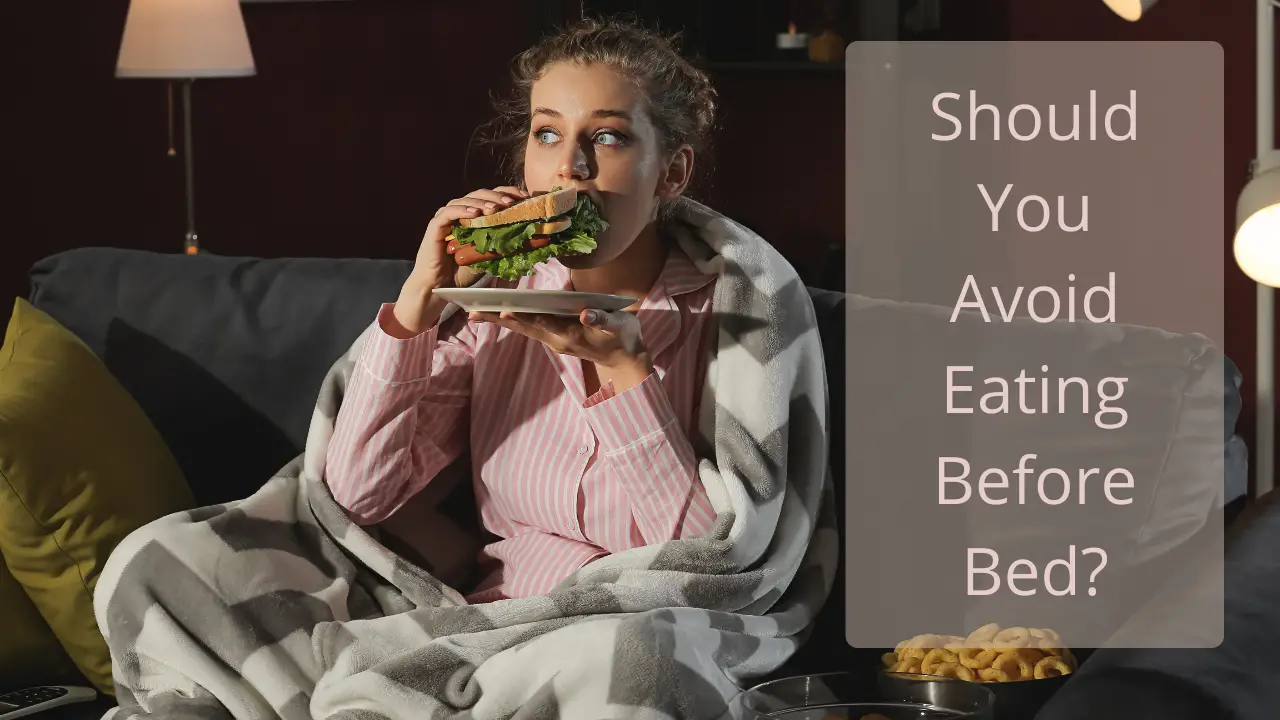Should you eat before bed? There is a substantial amount of controversy around this subject. Some people claim that you can eat whatever you want before you doze off, and you'll stay healthy and fit. Others swear that eating before bed can make you gain weight while also affecting your sleep.
So which is it? Is fulfilling your late-night cravings bad for your health? All this chatter adds more confusion and chaos to the already very confusing discussion. But keep reading because we will give you all the answers you need and want.
The Advantages of Eating Before Bed
Heading off to sleep with a full stomach can have its advantages, some of which are:
Weight loss:
Many people started a campaign against late-night snacks since they promote weight gain and caloric intake. But that is not always the case. Many people have benefited from their nibbles just before going to bed and lost a significant amount of weight.
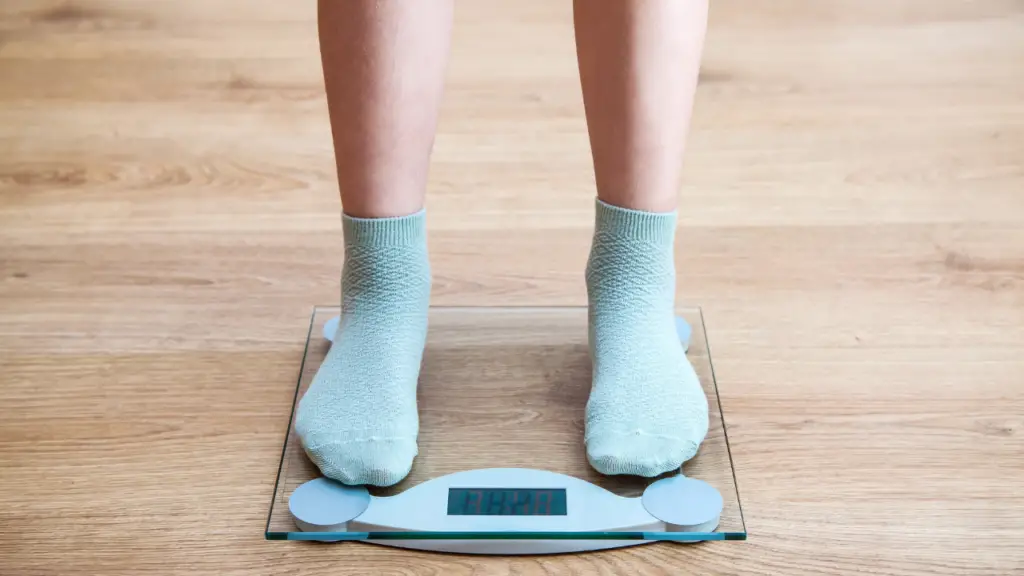
During sleep, your body has to rest to recover from your daytime activities and prepare for the coming day. And for that, it needs some calories to recharge and overcome the tiredness. Hence, you will find several people starting late-night snacks for a healthier lifestyle as part of their weight loss regime.
Better sleep:
We just discussed that sleep is not a passive process. Your body needs some energy to keep you asleep so that you wake up all fresh and energized. Moreover, specific centers of your brain are stimulated when you have a full tummy.

These satiety centers induce a sense of contentment and satisfaction that significantly helps an individual sleep soundly. If you are one who is waking up in the middle of the night with hunger pangs, and it is not something you would desire. It may be that you need a snack before going to bed to be satiated.
Controlled blood sugar levels:
In the morning, your liver produces extra glucose to help you with the early morning tiredness. People with diabetes often have trouble controlling this sugar spike. Many people also visit their doctors because of low blood glucose levels at night, eventually disturbing their sleep.

There's still a significant amount of research required to conclusively say that a bedtime meal can stabilize these blood glucose fluctuations. But a few studies have shown it's easier for diabetic patients to control their sugar levels because of late-night snacks.
Better muscle synthesis:
Did someone say that eating before bed causes you to gain weight? What if that extra weight is due to an increase in your muscle mass instead of body fat? Who wouldn't want that!

According to a study, eating snacks just before you go to bed can improve the synthesis of muscles during sleep. That's right, gym freaks! Here's a tip that your gym trainer might not know of. Eat about 30-40 grams of protein to make your body look even more fit, toned, and ripped.
The Disadvantages of Eating Before Bed
But does that mean that we're encouraging you to eat before going to sleep? Well, here are some cons to suggest otherwise:
Autophagy:
Autophagy may be a foreign word to you, but autophagy plays a crucial role in “cleaning up” your body while sleeping. If you are a fan of fasting, then you are probably aware of the advantages of autophagy.
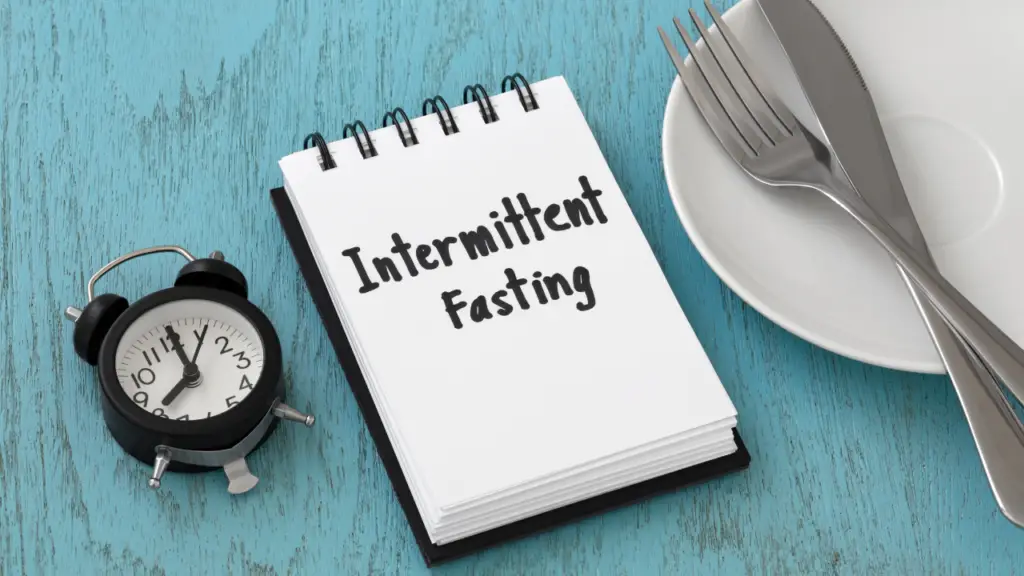
While your body is sleeping, it is in a state of housekeeping. Your body doesn't need to worry about using its energy to digest, so therefore it can work at a cellular level by removing toxic proteins that can cause various diseases.
It is also repairing and rejuvenating cells. So this may be the main reason for avoiding eating food before bedtime.
Heartburn:
Heartburn is a medical condition in which the contents of your stomach travel back up the esophagus. The person feels irritation, and that characteristic unpleasant burning sensation like your chest is on fire when this happens.

There are various reasons for heartburn, among which one is lying horizontally while your stomach is full. That is the exact scenario if you eat before falling asleep. If you keep waking up because of continuous heartburn episodes, they might be occurring because of your late-night snack habits.
Indigestion:
Indigestion or dyspepsia comes with symptoms like nausea, abdominal pain, and bloating. An occasional onset of indigestion is not something to worry over. But, if you're having repetitive attacks of dyspepsia, you might want to see your doctor.

Sometimes, the nighttime meals before bed might be the causative agent of your indigestion. Or, they could be the ones worsening it. It takes quite a while to digest the food that you eat.
And if you sleep right after a meal, you're not giving your body adequate time to digest the food. As a result, this aggravates the symptoms of dyspepsia.
Poor sleep and insomnia:
Yep, we just said that eating before going to bed may be beneficial for sleep. But that does not always happen. Sometimes, the food you eat might trigger your body to enter a hyperactive state and inclines towards a digestive mode.

As a result, even if you feel tired, you're not able to sleep peacefully. And that's if you somehow manage to doze off. A study suggested that food intake just before going to bed made people take longer to fall asleep. Some individuals also had reduced timings of deep sleep.
Weight gain:
Here's another conflicting point. As we said earlier, eating before bed helps lose weight, but that's not always the case. Sometimes, this habit can cause people to gain more pounds due to decreased fat consumption.

Another study confirmed that those already obese, especially women, were even more susceptible to gaining weight. In severe cases, there is a greater risk of developing metabolic syndrome, in which the patients have excess abdominal fat. The patients also suffer from elevated blood sugar levels, high cholesterol, and hypertension or blood pressure issues.
What's the Deciding Factor- Should You or Should You Not Eat Before Bed?
Sometimes, nighttime meals may be beneficial for your health. In other instances, having something to eat right before going to bed can impose grave consequences on your physical health. So what's the deciding factor that determines whether the habit of eating snacks late at night is good or bad?
According to research, some types of foods, when eaten before going to bed, help the body. On the other hand, some specific items hamper normal body functions and do more damage than good. Hence, the right question isn't should you avoid eating before bed. It's….
Which Foods Should You Avoid Eating Before Bed?
Now that we're past the confusion let's talk about the foods you should not have before bed.
Alcohol, caffeine, and high MSG foods:
This group of foods has a similar effect on your body. All these foods induce insomnia-like symptoms and decrease the quality and quantity of your sleep. Alcohol might help you doze off in the beginning due to extra drowsiness, but the individual doesn't get good quality sleep.

Alcohol tends to disrupt the natural sleep cycle, which is why people can't correctly sleep after drinking alcohol. Caffeine and foods containing high amounts of MSG, such as Chinese food, act as a stimulant. They increase the body's metabolic rate and make you more alert, making it difficult for you to fall asleep.
Heavy, fatty foods:
A heavy, rich nighttime meal takes longer than a high protein or high carb diet. Any meal that contains more than the typical required amount of fats can make things worse for you. The human body takes some time to break down and digest the food that we eat.
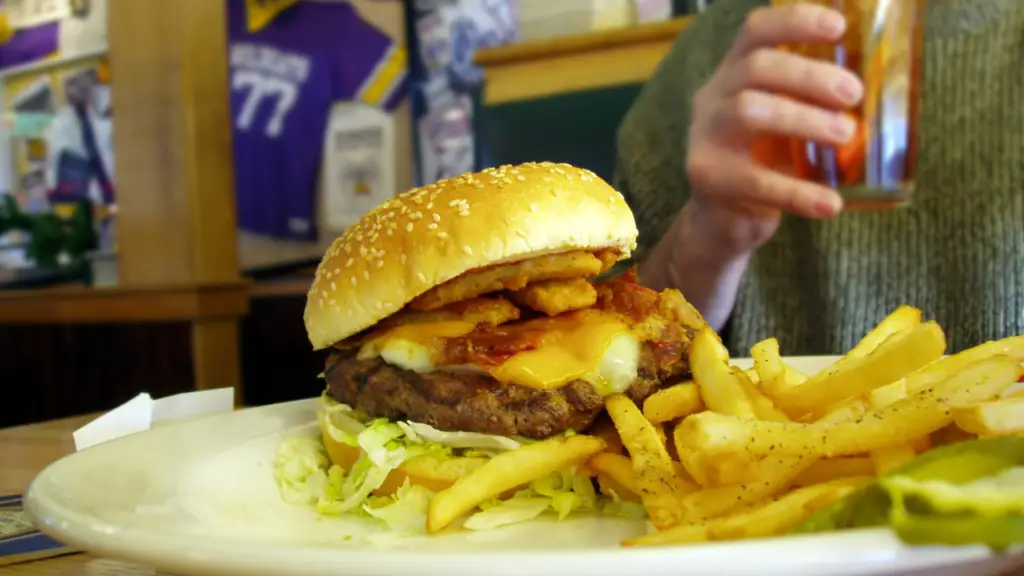
And if you sleep right after having that meal, the body accumulates the fats that it can't digest. You may find yourself gaining weight, though. So, I would suggest avoiding that cheeseburger right before bed.
Spicy foods and acidic drinks:
Remember heartburn? It's a medical condition in which the stomach contents are pushed back into the esophagus? Well, according to research, having spicy foods and acidic drinks just before going to sleep can lead to heartburn.

Or, if you already experience heartburn, eating something spicy along with a soft drink can aggravate your symptoms. Moreover, hot peppers tend to increase the body's temperature, which drives sleep away and makes you stay awake.
Dairy products and greasy foods:
Normally, dairy foods won't cause problems if you eat them before bed. But sometimes, especially in lactose intolerant people, dairy foods and products can lead to indigestion and abdominal pain.
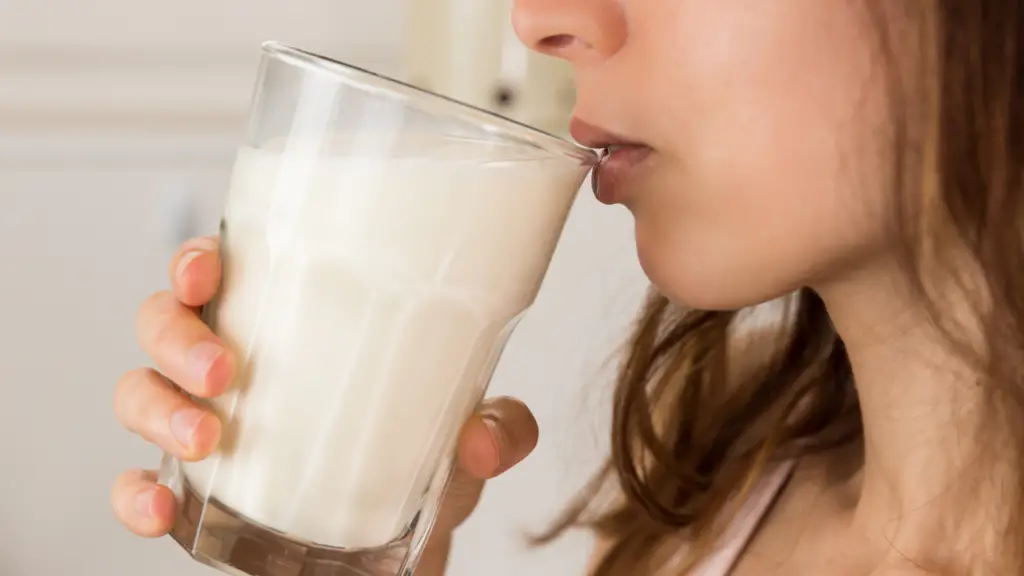
Besides dairy products, greasy foods also contribute to this inconvenience and wreak havoc during your sound sleep. So, if you don't want to stay up with indigestion and bloating, avoid eating dairy products that may include yogurt, cheese, eggs, and onion rings.
Gassy foods:
Some foods are not that easy to digest, and if you eat them before your bedtime, they can form gases. Beans, cauliflower, and broccoli can cause a lot of cramping and gas build-up in the abdomen.

People who eat dry fruits and brussels sprouts just before lying down for bed often complain about flatulence. High-fiber foods work wonders for the body, but not when you eat them before drifting off to sleep.
Which Foods Should You Eat Before Going To Bed?
There are many foods that you should miss out on before going to sleep. But if you choose to have any late-night meals. You can fulfill your postprandial snack cravings with these food items:
High protein food:
If you're eating the right food, your body accelerates its rate of muscle synthesis during sleep. Hence, even if you do gain weight because of your midnight meals, it's because you're gaining muscle mass.
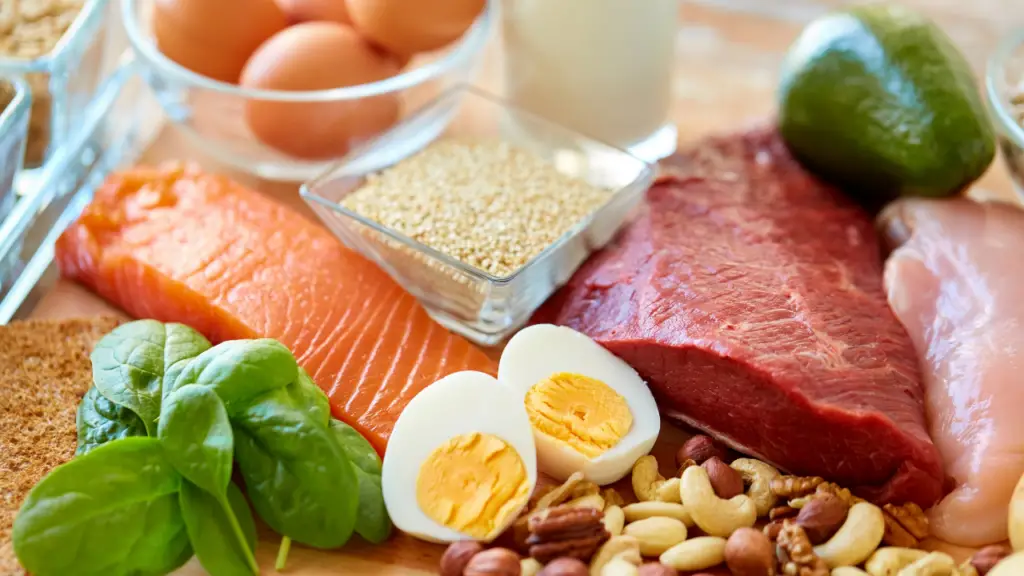
The mechanism behind this theory is that the body digests the protein into essential amino acids that the muscles uptake. With the help of these amino acids, your body significantly increases the rate of muscle synthesis during sleep.
High glucose foods:
Many people who go to bed hungry experience weakness and low blood glucose levels. To counter this, doctors and nutritionists suggest a high-carb snack not to wake up feeling inadequate.
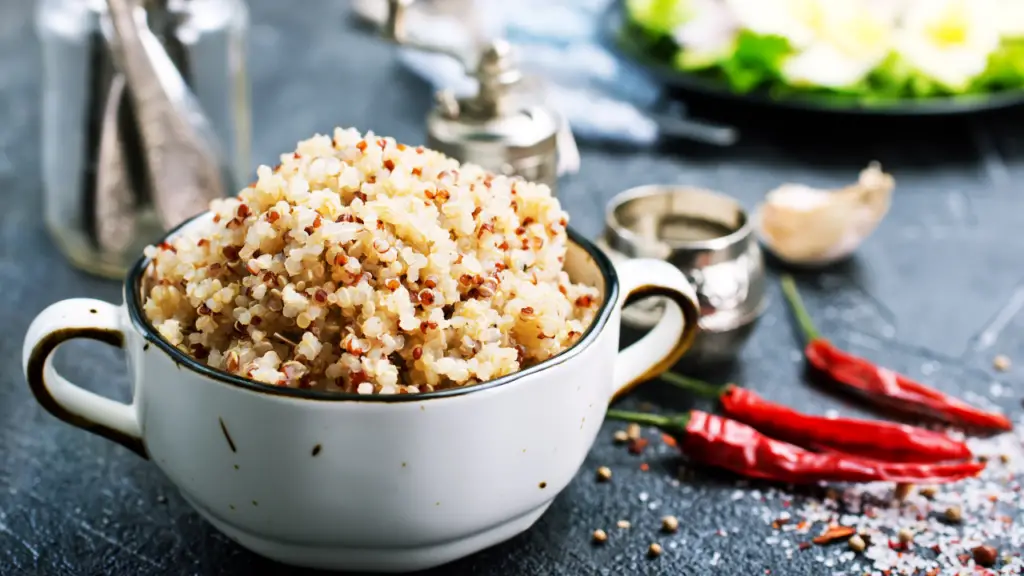
Make sure your meal does not contain too many carbs to be safe. Otherwise, you'll end up on the wrong side of the optimal blood glucose level.
Bananas, cherries, and almonds:
Any fruit fans out here? Even if you're not one, you'll surely be snacking on them after this point. Cherries contain certain biochemicals that promote long, deep sleep.

The high amounts of magnesium in bananas and almonds relax the body and regulate blood glucose levels.
Final Words
Eating before laying down to sleep for the night may seem like it has a few advantages for some people.
Ultimately, eating your meals at least a couple of hours before bed can be beneficial from a rejuvenating process that takes place through autophagy.
If you choose to snack before bed, opt for the foods under we suggested in the “which foods you should eat.” Your body will be thanking you for fulfilling the hunger pangs without putting your health at stake.
A small serving of whole, nutritious food right before you sleep may be what “your” body needs at that time. Contrastingly, some types of foods do not sit well in your body in general, let alone before bedtime. Avoid those to keep your sleep on track.
Sleep tight!


